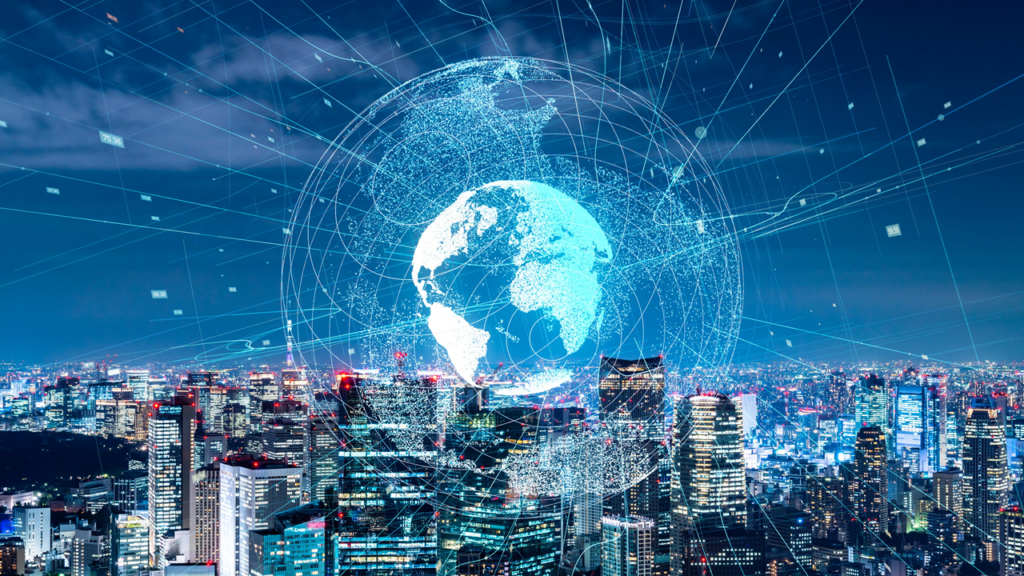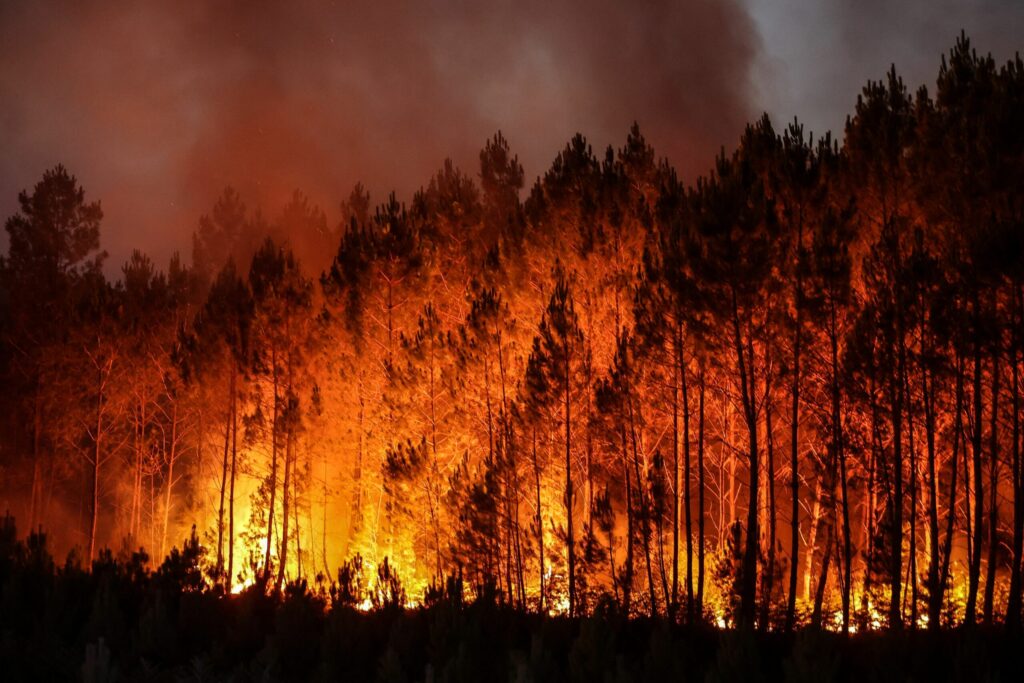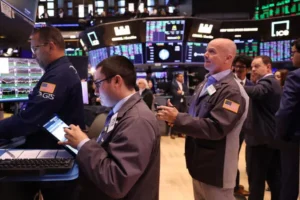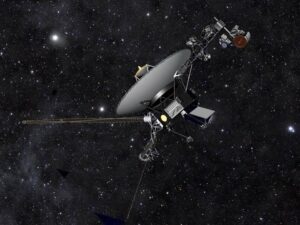
In the past week, several significant events have made headlines around the globe, reflecting ongoing challenges and changes in the international arena.
The impacts of climate change continue to dominate global discussions as extreme weather events wreak havoc in various parts of the world. In South Asia, severe monsoon floods have displaced millions, causing widespread damage to infrastructure and agriculture. Meanwhile, wildfires in the Mediterranean region, exacerbated by record-high temperatures, have prompted mass evacuations and strained firefighting resources. World leaders are under increasing pressure to take more decisive action as climate talks intensify ahead of the next major United Nations climate conference. Many countries are grappling with balancing economic growth and environmental sustainability, making climate policy a central issue in international diplomacy.

Tensions in the South China Sea have escalated as several nations continue to dispute territorial claims in the region. China’s recent military drills near contested islands have drawn sharp criticism from neighboring countries, including Vietnam and the Philippines, who view these actions as aggressive and destabilizing. The United States and its allies have responded by increasing their naval presence in the area, conducting freedom of navigation operations to challenge China’s expansive claims. This situation remains a flashpoint in Asia-Pacific geopolitics, with potential implications for global security.
Economic uncertainty is another pressing concern worldwide as inflation rates continue to rise in many countries. In the United States and Europe, central banks have raised interest rates to curb inflation, but the cost of living crisis persists, with food and energy prices particularly affected. Developing nations are facing even greater challenges, with rising costs threatening to push millions into poverty. International organizations, including the International Monetary Fund (IMF), have called for coordinated efforts to address the economic fallout and support the most vulnerable populations.
On a more optimistic note, a major breakthrough in artificial intelligence (AI) has captured global attention. A leading tech company recently unveiled a new AI model capable of performing complex tasks with unprecedented accuracy. This development has sparked excitement about the potential applications of AI in various fields, including healthcare, education, and industry. However, it also raises ethical concerns about the implications of AI on employment and privacy, prompting calls for greater regulation and oversight to ensure that technological advancements benefit society as a whole.
These global events highlight the interconnectedness of today’s world, where environmental, economic, and geopolitical challenges transcend national borders. As nations navigate these complex issues, the importance of international cooperation and dialogue has never been more apparent. The coming months are likely to bring further developments as the world continues to grapple with these critical challenges.







